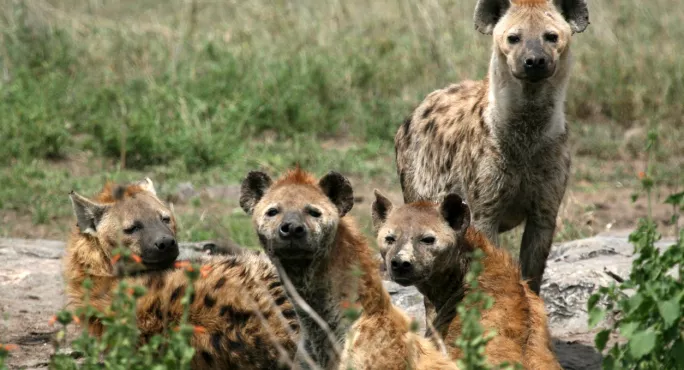“A moaning, and my clue is: it’s in school,” says Alicia.
Jaydon’s suggestion (a moaning of wolves) is dismissed. To the best of anybody’s knowledge there are no wolves in school. She also rejects a moaning of infants, a moaning of chairs and a moaning of dinner ladies.
At this point, some children want to give up and I have to remind everybody that one of our core values is determination.
Words just want to have fun
In these days of Spag (spelling, punctuation and grammar), making literacy lessons fun requires all the determination a teacher can find. The list of things children should know at key stage 2 makes me think the curriculum was designed by those whom Moth accused (in Shakespeare’s Love’s Labour’s Lost) of having “been to a great feast of languages and stol’n the scraps”.
Even for a teacher with an A level in English literature, a cold collation of fronted adverbials, relative clauses and subordinating conjunctions needs a key stage 2 study guide just to make it edible.
Luckily, today’s task - investigating collective nouns - is simpler fare, and only needs dipping in the ketchup of fun to be made palatable.
Asking children to choose one word out of “flock”, “swarm” or “pride”, and write it next to a picture of some lions, is a recipe for boredom. Instead we sauté the finest collective nouns I can find in creativity and serve them on a bed of actions and sound effects.
A cackle of hyenas
Once the children have played at being a “gaggle of geese” and a “cackle of hyenas”, their appetites are well and truly whetted.
“I know why they call it a cackle of hyenas,” says Alicia after watching Jaydon’s table do a pretty good impersonation of one. “It’s because hyenas are really called laughing hyenas and a cackle is a sort of laugh.”
After successfully impersonating a “pandemonium of parrots”, a “crash of rhinoceroses” and a “murder of crows”, we eventually get stuck on a “murmuration of starlings”.
By now the children suspect I’m making some of these terms up. “I’m not,” I say, “but what if I am? Shakespeare made things up. Who’s heard the saying, ‘dead as a doornail?’”
The lack of response is ironic, but improves with “Laughing stock?…Naked truth?…Own flesh and blood?” And, if Shakespeare can make things up, why not us?
A sogginess of rainclouds
In your group make up some collective nouns of your own.
Read out one of your collective nouns and ask the class to guess what it refers to.
Give clues using words, sounds and actions.
My favourites are a “sogginess of rainclouds” (Melissa points at the sky, while her group lumber around the room in slow motion) and a “smelliness of socks” (Dario waves his stockinged feet in the air while his group makes choking noises).
Alicia’s collective noun is finally solved when she wags her finger and tells her group to sit down, stop talking and get on with their work. “A moaning of teachers!” exclaims an ingratitude of school children.
Steve Eddison is a teacher at Arbourthorne Community Primary School in Sheffield




